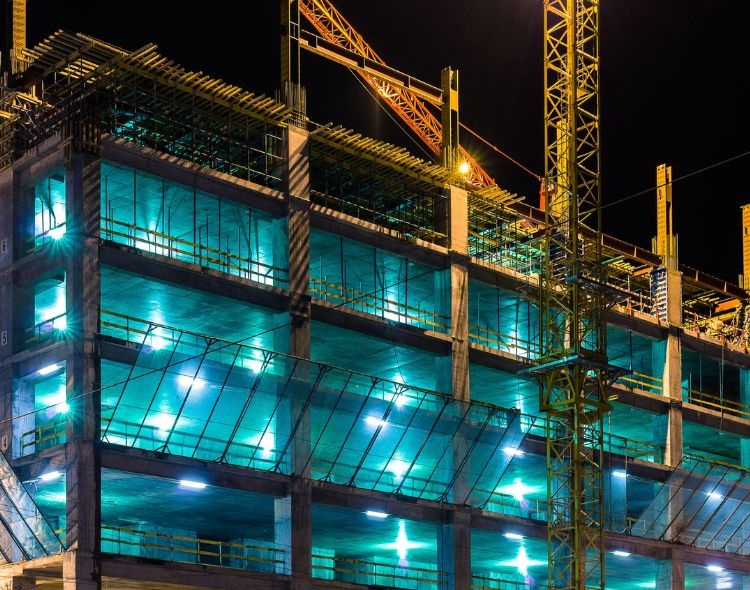
In the world of commercial real estate development, laws and regulations are changing constantly, as evidenced by the steady flow of email alerts and case updates flooding your inbox. It can be difficult to parse through all of that information to figure out whether a court decision or new regulation will have any real-world impact on your projects.
This is not another one of those alerts. There have been two recent developments in New York State that will most definitely have an impact on your deals.
Starting January 1, 2026, NYS will require that most newly constructed buildings be fully powered by electricity, a result of the implementation of the All-Electric Buildings Act. Under the act, building equipment and systems using fossil fuels such as natural gas, heating oil and propane will be prohibited in many new structures. These new regulations apply to most new buildings seven stories or less (including homes), unless a building permit application was filed before December 31, 2025. The buildings subject to the new rules must use only electric heat and appliances. Certain buildings are exempt, including commercial or industrial buildings with more than 100,000 square feet, as well as restaurants, hospitals, doctors’ offices, agricultural buildings and factories. However, starting January 1, 2029, these restrictions will apply to all new construction regardless of size and height. Existing buildings will not be subject to the new requirements, and backup and standby power systems like emergency generators may continue to use fossil fuels.
What does this mean for you? Depending on when you file an application for your building permit, you may be required to go all-electric in your new buildings, which will not only add cost, but will also require that you confirm that sufficient power is available to service your project before starting construction.
In the past, the New York State Department of Environmental Conservation (NYSDEC) did not regulate wetlands on properties under 12.4 acres of land, but that has now changed. In December 2024, NYSDEC adopted regulations that significantly expanded its authority. In addition to its regulatory authority over all freshwater wetlands at least 12.4 acres in size (which will reduce to 7.4 acres in 2028), NYSDEC will now have authority over wetlands of any size that are deemed “wetlands of unusual importance.” NYSDEC promulgated 11 different criteria to identify “wetlands of unusual importance,“ including wetlands located in, or partially within, an urban area, as defined by the United States Census Bureau. Census-defined urban areas are expansive and, particularly in western, central and upstate New York, can include areas that outwardly appear suburban or even rural. The urban area criteria could also bring under NYSDEC jurisdiction small “accidental wetlands” that materialize on undeveloped parcels due to poor stormwater management.
What does this mean for you? It is much more likely that you will need to interact with NYSDEC on wetlands review. Past wetland due diligence on a state level was a fairly simple exercise—analyzing published NYSDEC maps delineating wetlands to determine whether any existed on your property. Now, because of the recent changes in NYSDEC regulations, the only way to definitively determine whether there are state-regulated wetlands on your property is to work through the NYSDEC identification process (likely with the assistance of a third-party wetland consultant).
Both changes—the new wetlands regulations and the all-electric transition—present new and unique challenges to developers. It is imperative that proper due diligence is followed to ensure each project adheres to these guidelines so development timelines and business goals aren’t interrupted.
Joseph P. Heins, Special Counsel and member of Phillips Lytle’s Real Estate Industry Team, provides counsel to landlords and tenants alike to service their real estate portfolios, including in the areas of leasing, sales, acquisitions, financing, public-private partnerships, project development and title matters. He can be reached at (716) 847-7004 or jheins@phillipslytle.com.
Matthew J. Fitzgerald, Senior Associate and member of Phillips Lytle’s Real Estate Industry Team, focuses his practice on a wide array of matters that affect developers, landlords and tenants. He can be reached at (716) 847-5402 or mfitzgerald@phillipslytle.com.
Receive firm communications, legal news and industry alerts delivered to your inbox.
Subscribe Now
